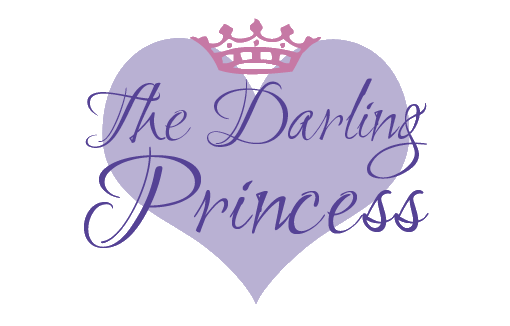
The Prescription of Forgiveness
Who of us does not need forgiveness? No one reading this is perfectly free of flaws. Every person speaking has said something wrong or just the wrong thing at the wrong time. Have you never taken anything that didn’t belong to you without permission? Have you ever hurt someone out of anger? Even the most caring person has probably been careless and broken something of importance to someone else. Perhaps, you told someone you’d get back to them and forgot to communicate in a timely manner. Intentional or not, everyone has a potential to offend others.
Forgiveness is for the forgiver. The forgiven may benefit. There may be some ease in a relationship or some continuation of status that wouldn’t be available without the forgiver’s intentional decision. But most importantly, the offended person is the greatest beneficiary. Bitterness and anger produce detrimental chemicals in our bodies.
Studies from all over the world have revealed details of the Biblical Truth: “An angry man stirs up strife, And a furious man abounds in transgression.” This is taken from the book of Proverbs, chapter 29 and verse 22 in the Holy Bible. Actually, there are lots of similar passages.
Scientists and researchers have found that neuroendocrine and neurochemical systems respond in physical ways to stressors and in particular outbursts of aggression. Neuro means of or pertaining to nerves and endocrine has to do with hormones. Our nervous system operates by microscopic electric currents and by chemical transfers. The “feel good” chemicals of dopamine and serotonin were found to be diminished in rats subjected to fearful stressors. Noradreniline and corticotrophin-releasing hormone, which affects blood levels of corticosterol, were also affected. These two help regulate attention and arousal, as well as, irritability and also affect attention, cognitive function and mood.
Basically, when we “let loose” our anger and act out, it presents our bodies with a cascade of chemicals that may create a feedback loop. Perpetuating the same kinds of behavior becomes automatic. This soup of chemicals decreases our ability to think clearly and pursue healthy, happy relationships, if we indulge too often. It causes stressors to be even more intense and we can begin to see an altered perspective.
The only way to stop the cycle is to take control. We have the ability to decide to forgive. We can release good chemicals by praying for and blessing the offender. “A merry heart does good, like a medicine.” Proverbs 17:22. Thinking of good things will restore our chemical balances in most cases, though this will usually take a concerted effort and may take a considerable amount of repetition. Some people may need intervention with medications, but in many cases our own built-in restorative measures can heal our own bodies to become healthy.
You and I are in charge. Absolutely no one else can think for you. You choose your thoughts. Reject any that are not in line with your goals for a happy productive life. Change your mind, as needed.
Finally, brothers, whatever is true, whatever is honorable, whatever is fair, whatever is pure, whatever is acceptable, whatever is commendable, if there is anything of excellence and if there is anything praiseworthy—keep thinking about these things. International Standard Version (2012). Philippians 4:8
Ref: Biol Psychiatry. 1999 Nov 1;46(9):1167-80.
Biological Psychiatry Volume 46, Issue 9 , Pages 1153-1166, 1 November 1999
Current Issue PANS, Proceedings of the National Academy of Sciences vol. 97 no. 1 Ma-Li Wong, 325–330
Neurobiology of Aggression ,Contemporary Neuroscience 2003, pp 93-118




